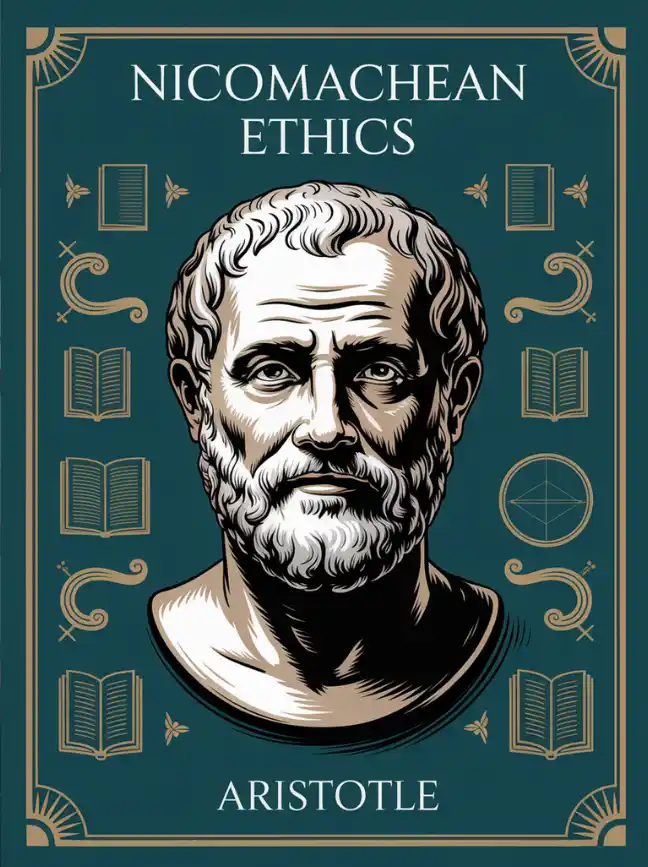And having rent him piecemeal bore away The tortur'd limbs. My guide then seiz'd my hand, And led me to the thicket, which in vain Mourn'd through its bleeding wounds: "O Giacomo Of Sant' Andrea! what avails it thee,"
It cried, "that of me thou hast made thy screen?
For thy ill life what blame on me recoils?"
When o'er it he had paus'd, my master spake: "Say who wast thou, that at so many points Breath'st out with blood thy lamentable speech?"
He answer'd: "Oh, ye spirits: arriv'd in time To spy the shameful havoc, that from me My leaves hath sever'd thus, gather them up, And at the foot of their sad parent-tree Carefully lay them. In that city' I dwelt, Who for the Baptist her first patron chang'd, Whence he for this shall cease not with his art To work her woe: and if there still remain'd not On Arno's passage some faint glimpse of him, Those citizens, who rear'd once more her walls Upon the ashes left by Attila, Had labour'd without profit of their toil.
I slung the fatal noose from my own roof."
CANTO XIV
SOON as the charity of native land Wrought in my bosom, I the scatter'd leaves Collected, and to him restor'd, who now Was hoarse with utt'rance. To the limit thence We came, which from the third the second round Divides, and where of justice is display'd Contrivance horrible. Things then first seen Clearlier to manifest, I tell how next A plain we reach'd, that from its sterile bed Each plant repell'd. The mournful wood waves round Its garland on all sides, as round the wood Spreads the sad foss. There, on the very edge, Our steps we stay'd. It was an area wide Of arid sand and thick, resembling most The soil that erst by Cato's foot was trod.
Vengeance of Heav'n! Oh! how shouldst thou be fear'd By all, who read what here my eyes beheld!
Of naked spirits many a flock I saw, All weeping piteously, to different laws Subjected: for on the earth some lay supine, Some crouching close were seated, others pac'd
Incessantly around; the latter tribe, More numerous, those fewer who beneath The torment lay, but louder in their grief.
O'er all the sand fell slowly wafting down Dilated flakes of fire, as flakes of snow On Alpine summit, when the wind is hush'd.
As in the torrid Indian clime, the son Of Ammon saw upon his warrior band Descending, solid flames, that to the ground Came down: whence he bethought him with his troop To trample on the soil; for easier thus The vapour was extinguish'd, while alone;
So fell the eternal fiery flood, wherewith The marble glow'd underneath, as under stove The viands, doubly to augment the pain.
Unceasing was the play of wretched hands, Now this, now that way glancing, to shake off The heat, still falling fresh. I thus began: "Instructor! thou who all things overcom'st, Except the hardy demons, that rush'd forth To stop our entrance at the gate, say who Is yon huge spirit, that, as seems, heeds not The burning, but lies writhen in proud scorn,
As by the sultry tempest immatur'd?"
Straight he himself, who was aware I ask'd My guide of him, exclaim'd: "Such as I was When living, dead such now I am. If Jove Weary his workman out, from whom in ire He snatch'd the lightnings, that at my last day Transfix'd me, if the rest be weary out At their black smithy labouring by turns In Mongibello, while he cries aloud; "Help, help, good Mulciber!" as erst he cried In the Phlegraean warfare, and the bolts Launch he full aim'd at me with all his might, He never should enjoy a sweet revenge."
Then thus my guide, in accent higher rais'd Than I before had heard him: "Capaneus!
Thou art more punish'd, in that this thy pride Lives yet unquench'd: no torrent, save thy rage, Were to thy fury pain proportion'd full."
Next turning round to me with milder lip He spake: "This of the seven kings was one, Who girt the Theban walls with siege, and held, As still he seems to hold, God in disdain, And sets his high omnipotence at nought.
But, as I told him, his despiteful mood Is ornament well suits the breast that wears it.
Follow me now; and look thou set not yet Thy foot in the hot sand, but to the wood Keep ever close." Silently on we pass'd To where there gushes from the forest's bound A little brook, whose crimson'd wave yet lifts My hair with horror. As the rill, that runs
From Bulicame, to be portion'd out Among the sinful women; so ran this Down through the sand, its bottom and each bank
Stone-built, and either margin at its side, Whereon I straight perceiv'd our passage lay.
"Of all that I have shown thee, since that gate We enter'd first, whose threshold is to none Denied, nought else so worthy of regard, As is this river, has thine eye discern'd, O'er which the flaming volley all is quench'd."
So spake my guide; and I him thence besought, That having giv'n me appetite to know, The food he too would give, that hunger crav'd.
"In midst of ocean," forthwith he began, "A desolate country lies, which Crete is nam'd, Under whose monarch in old times the world Liv'd pure and chaste. A mountain rises there, Call'd Ida, joyous once with leaves and streams, Deserted now like a forbidden thing.
It was the spot which Rhea, Saturn's spouse, Chose for the secret cradle of her son; And better to conceal him, drown'd in shouts His infant cries. Within the mount, upright An ancient form there stands and huge, that turns His shoulders towards Damiata, and at Rome As in his mirror looks. Of finest gold His head is shap'd, pure silver are the breast And arms; thence to the middle is of brass.
And downward all beneath well-temper'd steel, Save the right foot of potter's clay, on which Than on the other more erect he stands, Each part except the gold, is rent throughout; And from the fissure tears distil, which join'd Penetrate to that cave. They in their course
Thus far precipitated down the rock Form Acheron, and Styx, and Phlegethon; Then by this straiten'd channel passing hence




